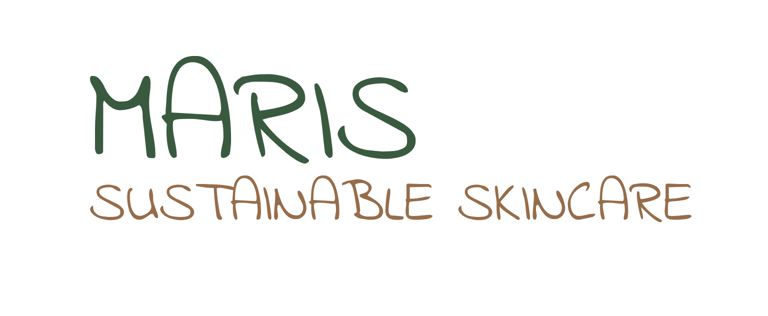The Quiet Surrender
When Mistakes Lead Us Down Paths of Depression and Regret
MY REFLECTIONS
Mariam Ismail Rumatila
5/20/20253 min read


Depression isn't always a dramatic breakdown, a sudden collapse under immense pressure. More often than not, it's a whisper, a creeping shadow that subtly dulls the vibrant colors of our lives. It’s a quiet giving up, a slow surrender to doubt that manifests in a way we often barely notice at first: days blend together, and suddenly, we realize we've stopped trying altogether. This insidious progression is particularly dangerous because, for many of us, it starts with something as universal as a mistake.
We're fed the idea that mistakes are learning opportunities, stepping stones on the path to success. And intellectually, we get it. But deep down, for so many of us, a misstep can fester, transforming into a deep-seated fear of failure and an overwhelming burden of regret. Think about it: that moment you messed up, that critical word from someone, that botched project. The initial disappointment can quickly morph into self-blame, an internal narrative that each error is undeniable proof of our inadequacy. The inner critic, that nagging voice we all have, grows louder and more insistent, whispering that there’s truly no point in trying when failure is inevitable, when the pain of screwing up again feels too heavy to bear.
This is how the seemingly innocent act of making a mistake can become a powerful gateway to depression and profound regrets. We start to internalize the idea that we are fundamentally flawed, that we're simply not good enough. This belief then spirals into a vicious, self-perpetuating cycle. The fear of making another mistake becomes so paralyzing that it prevents us from taking risks, from pursuing new avenues, or even from engaging with life's everyday challenges. We might abandon a creative pursuit after a negative critique.
And here’s where the human element truly hits hard: this inaction, born from a desperate desire to avoid pain, then ironically fuels even more regret. Regret for opportunities missed, for potential left untapped, for a life lived on the sidelines while others seem to flourish. The "what ifs" become a heavy, suffocating burden, compounding feelings of helplessness and deepening the depressive state.
This fear of failure can also lead us to act without thinking, to do things we later regret. In an attempt to escape the discomfort of our internal struggles, or to numb the pain of past mistakes, we might make impulsive decisions. We might lash out at loved ones, seek temporary solace in unhealthy habits, or withdraw completely. These actions, often driven by a desperate need for an immediate emotional release, only compound the problem, adding fresh layers of guilt and remorse to our existing regrets. We look back and think, "Why did I do that? That's not me." But in that moment of quiet despair, our usual filters are down, and our judgment can be clouded by the very pain we’re trying to avoid.
The quiet surrender that accompanies this process is heartbreaking to witness, and even more devastating to experience. Energy wanes, motivation evaporates, and the world shrinks as we retreat further into ourselves. This leads to isolation, a potent fuel for depression. We stop calling friends, decline invitations, and even avoid eye contact in public. The shame of perceived failures, combined with the fear of being judged, builds invisible walls around us. We might convince ourselves that no one truly understands, or that we're a burden to others. This isolation, while initially a perceived shield, ultimately intensifies the feelings of loneliness and worthlessness, creating a deeper, darker pit from which to climb.
Yet, here’s what many who have walked this difficult path eventually learn: The journey through depression and regret isn't a straight line. It's messy, with twists and turns, uphill battles and surprising moments of clarity. But true growth happens not in avoiding mistakes, but precisely in the trying, in the failing, in the getting back up. Each stumble, though painful and embarrassing at the time, holds a valuable lesson waiting to be uncovered. It's an opportunity to re-evaluate, adapt, and build a stronger foundation.
The periods of doubt, no matter how overwhelming they feel, eventually recede. They leave behind a deeper understanding of our own resilience and an enhanced capacity to overcome. It's about reframing mistakes not as endpoints, but as crucial stepping stones on the path of personal development. It's about understanding that the quiet surrender to doubt is a choice, and it's a choice that can be unmade, one small, brave act of "trying" at a time. The first step towards reclaiming your life often lies in forgiving yourself for past missteps including those impulsive actions born of pain and daring to try again, knowing that true strength isn't found in never falling, but in rising, bruised but resolute, every single time.
Join the Maris Community
© 2025 Maris Speak Up. All rights reserved.
Your privacy is important to me. Rest assured, your email will never be shared or sold.
Info@marissustainableskincare.com
Our official email
Join our community of early supporters and get exclusive benefits when we launch our skincare brand. As a founding insider, you’ll be the first to hear about product updates, enjoy early access, and receive special rewards made just for our day-one members. Plus, you'll get skincare tips and behind-the-scenes content as we build something meaningful together.
